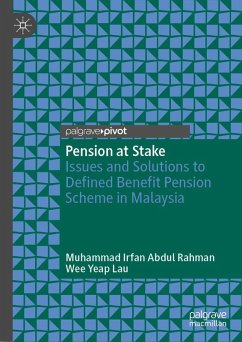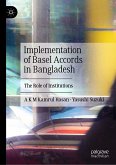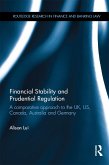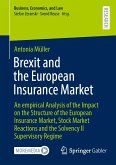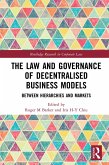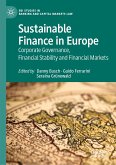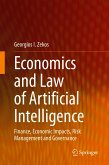In doing so, the book explores various issues on the defined benefit pension fund that the Malaysian Government currently confronts. Chapter one provides an overview of the pension system in the country, covering only the civil service pension fund managed by the Retirement Fund (Incorporated), better known as KWAP. It also discusses the issues and challenges the pension system and pensioners face. Chapter two reviews the past studies, sets up empirical models and examines which are the determinants of pension cost. Chapter three examines the asset allocation and performance of the KWAP pension fund from the last 13 years since the Ministry of Finance established it as part of the pension reform. Based on the available pension assets and liabilities data, Chapter Four outlines the steps and makes the 10-year forecast to ascertain whether the pension fund will be underfunded or not in the future. Chapter five examines whether the pension fund is sustainable in the long run based on the four parameters using scenario-based simulation. In order to solve this problem, especially the longevity risk, Chapter six proposes issuing longevity bonds by the authority to mitigate the longevity risk faced by the KWAP pension fund.
Put together, the book is an interesting compilation of facts, analysis and insights from this hotly debated issue the current government faces. It serves as a reference for the financial market industry, regulators, market practitioners, analysts, researchers, government authorities and universities.
Muhammad Irfan is a Fund Manager at the RHB Asset Management Sdn Bhd and previously served in multiple companies such as Bank Simpanan Nasional, Central Bank of Malaysia and Bloomberg LP. He received his PhD in Financial Economics and Master of Applied Statistics from Universiti Malaya and Bachelor of Actuarial Science from the University of Nebraska Lincoln.
Wee Yeap Lau is an Associate Professor at the Faculty of Business and Economics, Universiti Malaya. He was a MEXT Scholar at Osaka University, where he received his PhD and Master in Economics, and a Visiting Scholar at the Risk Management Institute, National University of Singapore. He also attended an Executive Education Program at Bendheim Center for Finance, Princeton University.
Dieser Download kann aus rechtlichen Gründen nur mit Rechnungsadresse in A, B, BG, CY, CZ, D, DK, EW, E, FIN, F, GR, HR, H, IRL, I, LT, L, LR, M, NL, PL, P, R, S, SLO, SK ausgeliefert werden.

